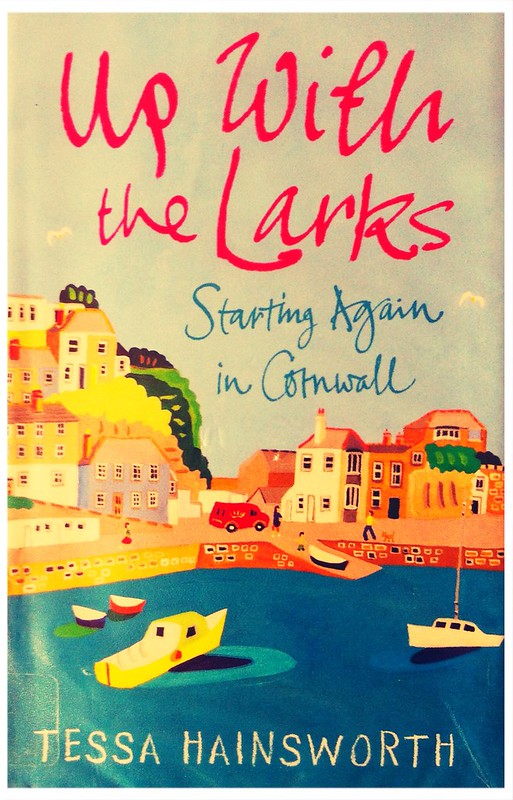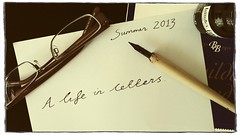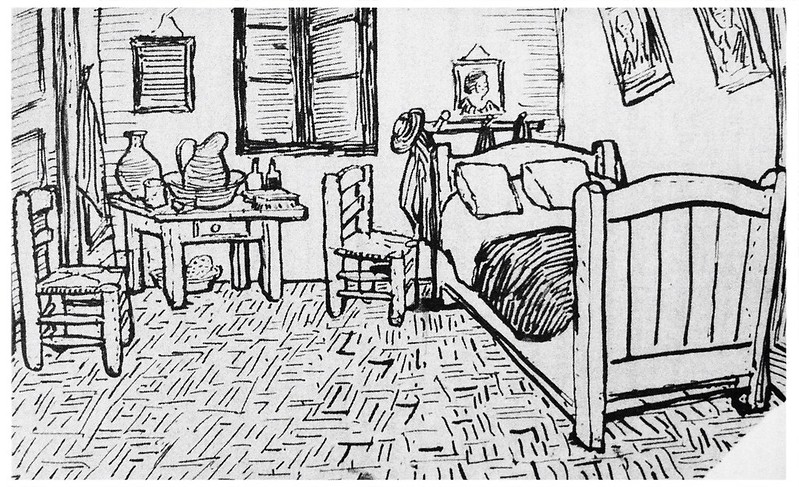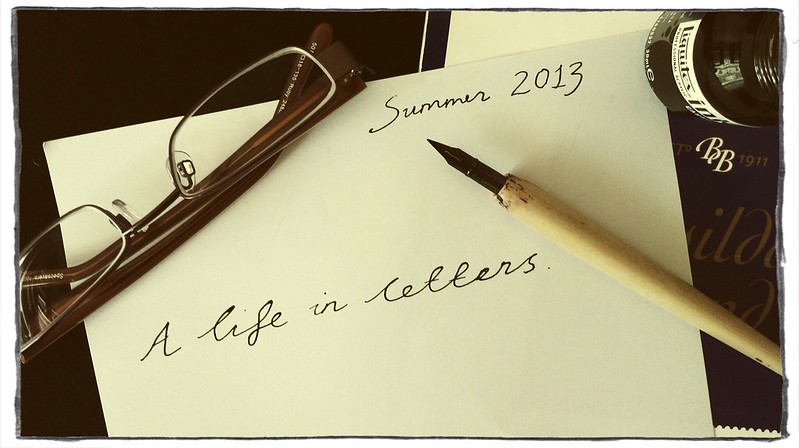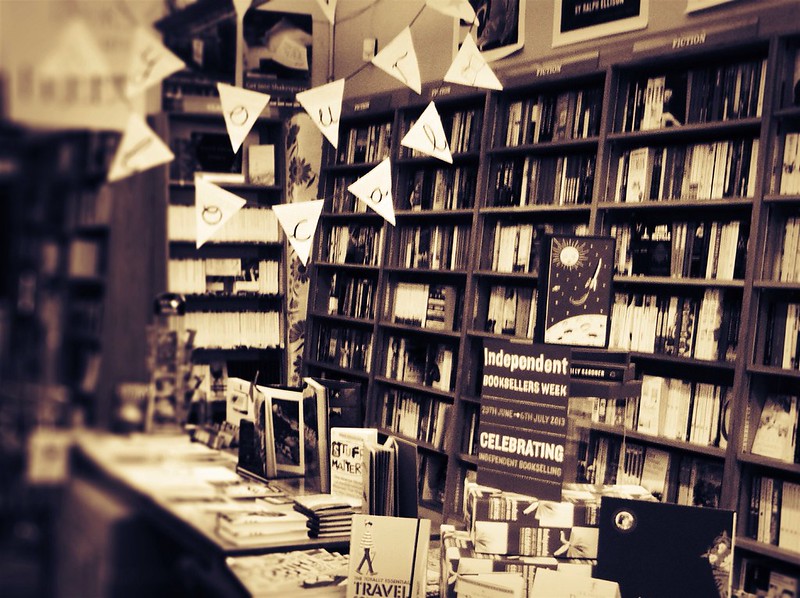Up With the Larks: Starting Again in Cornwall - Tessa Hainsworth
I mentioned in my introductory post to A Life in Letters, that I would be reading a wide range of books related to letters and letter writing. This week instead of reading a collection of letters I read a memoir about a letter collector, i.e. the postman, in this case, a postwoman.
Up With the Larks tells the story of Tessa Hainsworth and her family as they adjust to life in a small seaside village. Tessa Hainsworth leaves her high-powered job in London and in an escape from the rat race, moves, with her husband and two young children, to South Cornwall.
The book charts their struggles to keep financially afloat after their initial business plan designed to provide their livelihood in Cornwall collapses,
"Our golden dream was slowly turning to dust as we worried ourselves sick night after night. By this time we didn't even know if we could afford to move back to London, where we could at least find work."
Forced to find jobs, Tessa and her husband apply for everything from receptionist to taxi driver and supermarket assistant manager. Her husband ends up working multiple part-time jobs and Tessa, much to the surprise of her friends and family, gets a job with Royal Mail delivering the post.
Tessa is initiated into the life of a postwoman during the busy pre-Christmas delivery weeks by barking dogs, savage cats and suspicious locals. Ms Hainsworth's storytelling is both witty and engaging and the parts of the memoir that deal with her daily round and the lives of her customers (particularly the sympathetic descriptions of elderly Mr Hawker and the B&B owners Martin and Emma) make this book an enjoyable read.
There were elements of the writing that made me squirm in my seat and think that the book could have done with more strident editing. On its third appearance, I was thoroughly fed up with the figurative use of clotted cream, e.g. "one minute as thick as clotted cream and the next sparring with each other". Also, when her husband returns from providing a massage at the local, upmarket hotel she says, "I hope it was a rich Eastern European princess who was so thrilled by your exquisite application of healing oils and massage that she gave you a huge tip". Shouldn't that be Middle Eastern princess? I think you would be hard-pressed to find an Eastern European princess anywhere, let alone in Cornwall.
Despite these pedantic niggles, I did enjoy this quick and easy read. Tessa Hainsworth's memoir must have enjoyed a measure of commercial success, as since the publication of Up With The Larks in 2009 a further two books (Seagulls in The Attic and Home to Roost) about village life on the Roseland peninsula have been published.
